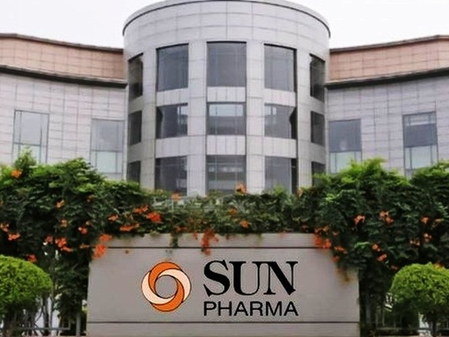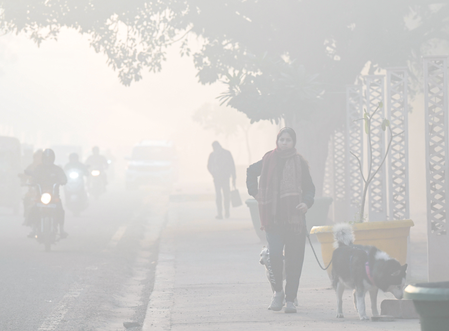
New Delhi, Feb 18 (IANS) A combination immunotherapy may help cure a majority of patients with melanoma — a deadly skin cancer — that has spread to the brain, revealed a seven-year follow-up results from a clinical trial on Tuesday.
The trial, published today in the journal Lancet Oncology, showed that more than 50 per cent of patients given combination immunotherapy as first-line treatment achieved long-term disease control. Currently, patients with brain metastases — which account for 30-40 per cent of patients with Stage 4 melanoma — only survive for around 16 weeks.
Professor Georgina Long AO, Medical Director of Melanoma Institute Australia said the combination immunotherapy led to the overall survival of 48 per cent of patients, which then increased to 51 per cent in patients given the treatment upfront.
“This proves we have achieved long-term disease control in this group of advanced melanoma patients,” said Long AO, who is also the lead author of the study.
“We are now confident these patients are cured, a term not used lightly in cancer. This combination immunotherapy should now become standard of care for melanoma patients with brain metastasis,” she said.
The randomised, phase 2 trial conducted between 2014 and 2017, enrolled 79 patients. Of these 36 were given combination checkpoint inhibitor immunotherapy (anti-PD-1 plus anti-CTLA-4) and 43 were prescribed single-agent immunotherapy (nivolumab).
The results, after a follow-up of seven-years, show progression-free survival rate was 42 per cent with ipilimumab plus nivolumab, compared to 15 per cent with nivolumab alone. Overall survival was 48 per cent and 26 per cent respectively.
In patients treated upfront, or as first-line treatment, the seven-year progression-free survival rate was 47 per cent with the combination immunotherapy and 14 per cent with the single agent, with overall survival 51 per cent and 29 per cent respectively.
–IANS
rvt/




